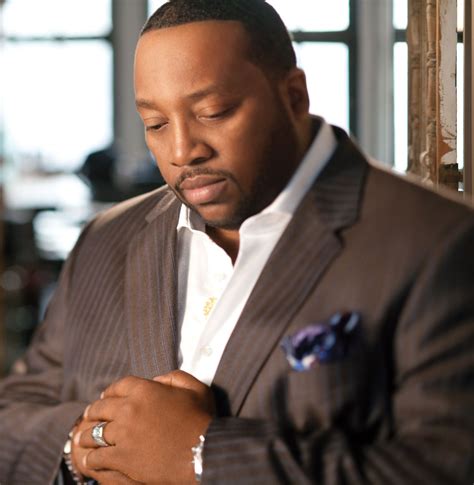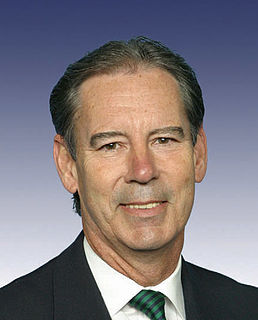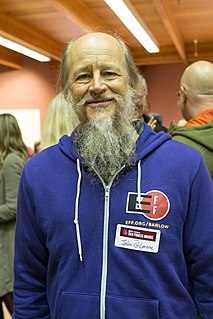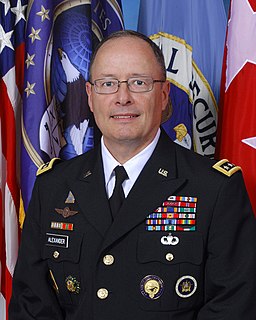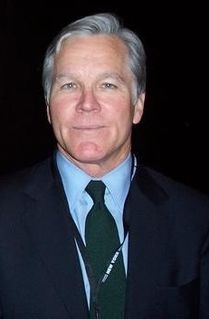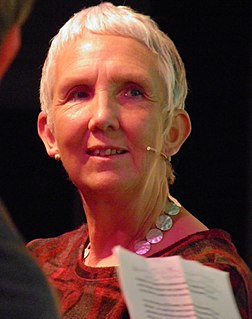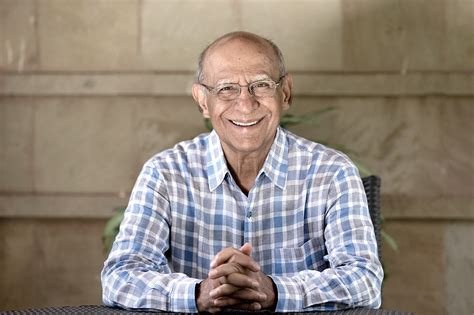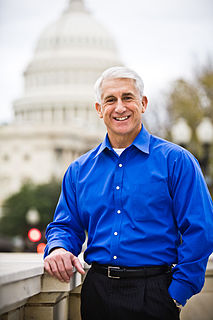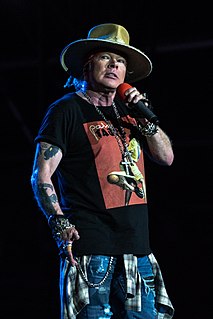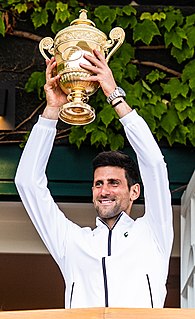Top 1200 Privacy Quotes & Sayings - Page 14
Explore popular Privacy quotes.
Last updated on December 12, 2024.
I think individuals have a right to privacy, but that ought to include the right to prevent private institutions from monitoring what you do and building up a personal profile for you so that they can direct you in particular ways by their effective control over the internet, and that doesn't happen of course.
I'm really interested not just in privacy for the individual but respect for the local communities. And I think we have a problem with both and whenever industries kind of become almost monopolistic they have to be challenged to be more responsible. We can challenge them in the press, in the courts and in regulation.







